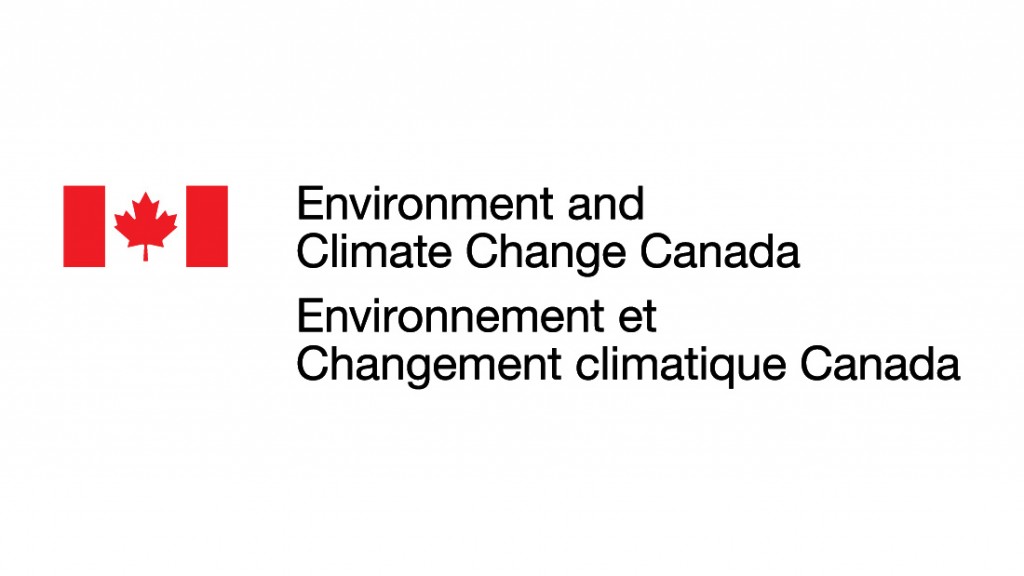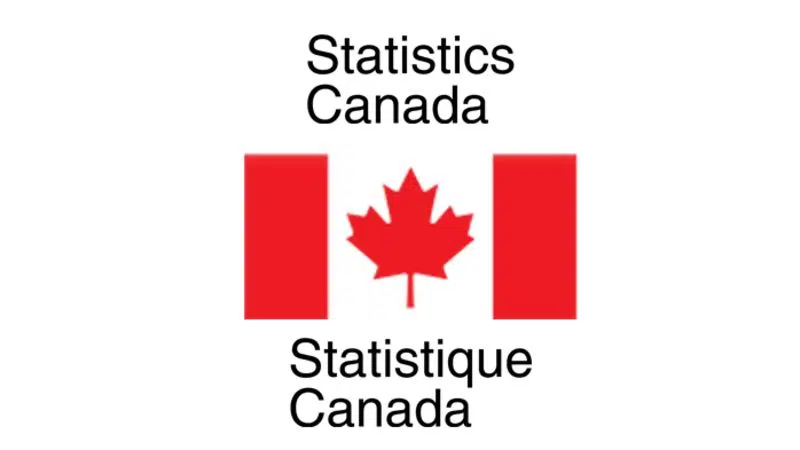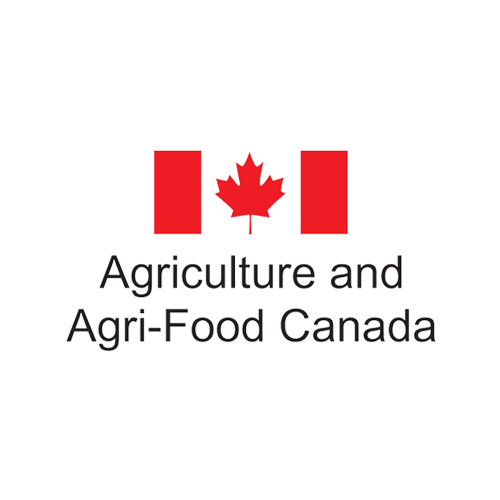The knowledge produced by this WP will link with other WP outputs to provide a robust decision support tool for more accurate water use and management scenarios. Key knowledge deliverables include the economic impacts of climate change and policy change, and the economic impacts of water quality changes (in Ontario).
This knowledge is considered relevant and useful by a variety of end-user groups; a key predictor of knowledge uptake.
B5 closely links with the work and deliverables of the GWF Core Modelling. In conjunction with the GWF Core Modelling team, B5 will develop integrated, multi-sector hydro-economic modelling tools to capture the interrelationships between water and the economy. Research efforts will assess the market and non-market economic impacts of climate change, policy and management options. Initial case studies building inter-regional multi-sector economic input-output models in the Nelson-Churchill and Great Lakes river basins through IMPC, will be scaled up to a pan-Canadian application through the GWF Core team in six years, based on available input-output tables provided by Statistics Canada and provincial water use data. Deliverables for input-output models in other Canadian river basins through Core will be prioritized for key IMPC modelling locations (e.g. Okanagan, Assiniboine and Red River, Saint Johns, etc.). In three years, we will begin case studies on non-market valuation models, including the Water Quality Valuation Model (WQVM) for water pollutant emissions and water quality characteristics (Brouwer and Pinto, 2018).
Area of focus:
- Nelson-Churchill river basin
- Great Lakes river basin
Models in use:
- MODSIM
- WQVM
- I-O
In the News
IMPC PhD Student Meets with Chamber of Commerce to Further Hydro-economic ResearchLeila Eamen recently traveled to Regina for a meeting with the Water Council of the Saskatchewan Chamber of Commerce to discuss preliminary results from hydro-economic modelling. Read more... |
|
|
|
Year 1: Begin developing additional coupled input-output models for priority river basins. In new case study, extend the hydro-economic input-output model for the Great Lakes basin to include emissions of water pollutants and water quality.
Year 2: Develop an operational WQVM 2.0 to assess the non-market impacts of water policy interventions across different Canadian river basins and test their transferability. Develop methods to accommodate non-stationary conditions in hydro-economic modelling tools for Sask-Nelson.
Year 2-3: Finalize development of additional operational input-output models for policy analysis in river and drainage basins across Canada (through GWF Core Modelling).
Progress so far:
An inter-regional multi-sector economic Input-Output model for the Saskatchewan River Basin and Great Lakes Basin is developed.
Lead:
 |
Roy BrouwerProfessor |
Co-Leads:
 |
Saman RazaviUniversity of Saskatchewan | Assistant Professor
|
|
 |
Amin ElshorbagyProfessor |
Highly Qualified Personnel:
Leila EamenPhD |
Research: Water resource management |
|
Jorge Garcia HernandezPostdoctoral Fellow |
Research: Integrated modelling & optimization |
|
Rute PintoPostdoctoral Fellow |
Research: Modelling and assessment of acquatic ecosystems |
The research team has been involved with many of the same collaborators as B1, as well as contacts from Statistics Canada, Agriculture and Agri-Food Canada and the Saskatchewan Chamber of Commerce (see Letters of Support). Engagement with these collaborators has focused on understanding the data available and how to adapt it to modelling purposes. The operational WQVM 2.0 will be developed in close collaboration with Environment and Climate Change Canada.
 |
Environment and Climate Change Canada |
 |
Statistics Canada |
 |
Saskatchewan Chamber of Commerce |
 |
Agriculture and Agri-Food Canada |
Selected Publications
-
Amjath-Babua, T.S., Sharmab, B., Brouwer, R., Rasulb, G., Wahide, S.M., Neupaneb, N., Bhattaraif, U. and Sieber, S. (2019). Integrated modelling of the impacts of hydropower projects on the waterfood-energy nexus in a transboundary Himalayan river basin. Applied Energy, 239: 494-503.
-
Brouwer, R. and Sheremet, O. (2017), The economic value of river restoration. Water Resources and Economics, 17: 1-8.
-
Brouwer, R., Miraldo Ordens, C., Pinto, R. and Condesso de Melo, M.T. (2018) Economic valuation of groundwater protection using a groundwater quality ladder based on chemical threshold levels. Ecological Indicators, 88: 292-304.
-
Eamen, L., Brouwer, R., and Razavi, S., The Economic Impacts of Water Supply Restrictions due to Climate and Policy Change: a Transboundary River Basin Supply-Side Input-Output Analysis, submitted to Ecological Economics. (Accepted)
-
Kahsay, T., Kuik, O., Brouwer, R., van der Zaag, P. (2017), The economy-wide impacts of climate change and irrigation development in the Nile basin: A computable General Equilibrium approach. Climate Change Economics, 8(1): 1750004-1-30.
-
Levin-Koopman, J., Kuik, O., Tol, R. and Brouwer, R. (2017), The potential of water markets to allocate water between industry, agriculture, and public water utilities as an adaptation mechanism to climate change. Mitigation and Adaptation Strategies for Global Change, 22(2): 325. doi:10.1007/s11027-015-9662-z.


